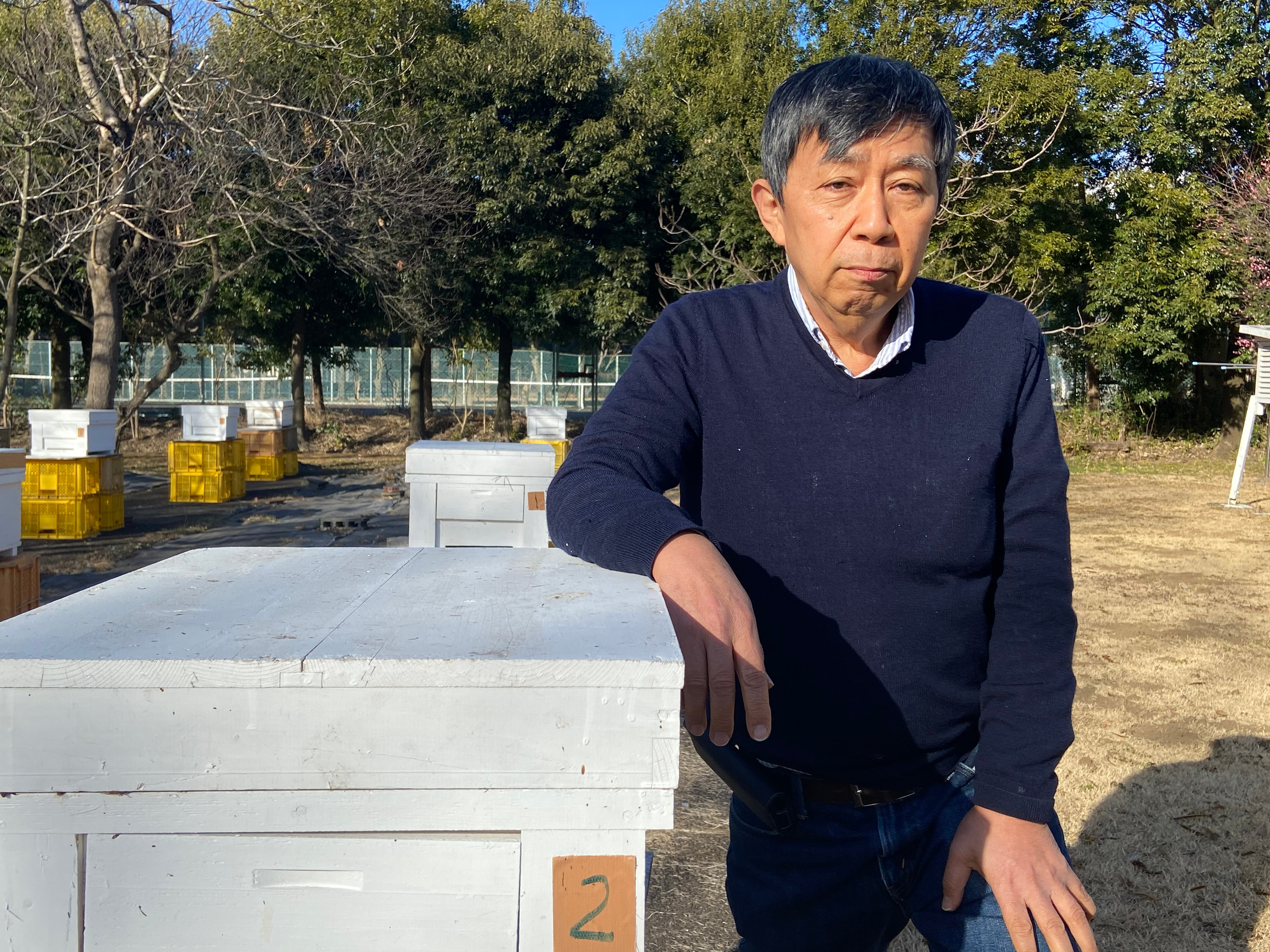Kiyoshi Kimura, PhD

Researcher at the research institute of the Ministry of Agriculture, Forestry and Fisheries, Japan.
Brief Bio: I started my career as a researcher in Drosophila genetics, but ever since I joined the research institute of the Ministry of Agriculture, Forestry and Fisheries, I have been engaged in research on honey bees and beekeeping. I retired in March last year, but I continue to work as a contract researcher at the same research institute. As a researcher, I have conducted research in various fields related to honey bees. In recent years, I have mainly been studying the honey bee diseases and damage caused by insecticides. I am currently focusing my efforts on research related to genome editing and genome analysis. I am convinced that these are very important technologies for the advancement of honey bee research.
Beekeeping, honey bee diseases, insecticides, genome analysis and editing
The current status of beekeeping in Japan, focusing on the influence of bee diseases on Japanese beekeeping
Beekeeping is not a large industry in Japan. Only about 5,000 beekeepers register with local governments, and most of them keep less than 100 hives. In addition, most honey consumed in Japan is imported from abroad. Nonetheless, in Japan beekeeping is thought to be very important in agriculture due to the role of honeybee as pollinator in horticulture. Honey bees are used as pollinators for production of fruit such as apple and plum, and more than 200,000 bee hives have been introduced into greenhouse production of crops such as strawberry. Even though domestic honeys are traded in the market at higher prices than imported honey, and the demand for honey bees as pollinator remains steady, beekeeping still faces many problems in Japan, e.g. damage due to insecticides, bee diseases, parasitic mites, malnutrition, lack of flowers, as it does in other counties. In this symposium, I am going to introduce Japanese beekeeping, focusing on the problem of bee diseases, which is thought to be the most important issue confronting Japanese beekeeping.